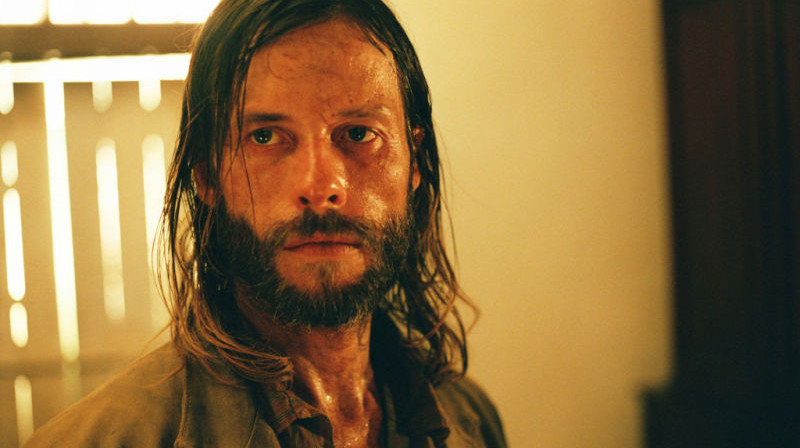
In-between the neo-noir golden age of the 1990s and the high volume of superb crime movies in the 2010s, the 2000s are often discarded as an uneventful interim period for the genre. With notable exceptions, such as No Country For Old Men or Oldboy, the 2000s were characterised by many great comedies, but arguably less mainstream crime triumphs than the previous decade saw.
Conversely, there are plenty of superb, lesser-known crime movies to be discovered from the 2000s. At the time of their release, many were misunderstood and rated poorly. Others were critically lauded, but have since been forgotten. However, in retrospect, these forsaken titles are equally as good or even greater than the better-known ones. There are many that need to be on the watch list of any crime fan.
1. The Way of the Gun (Christopher McQuarrie, 2000)
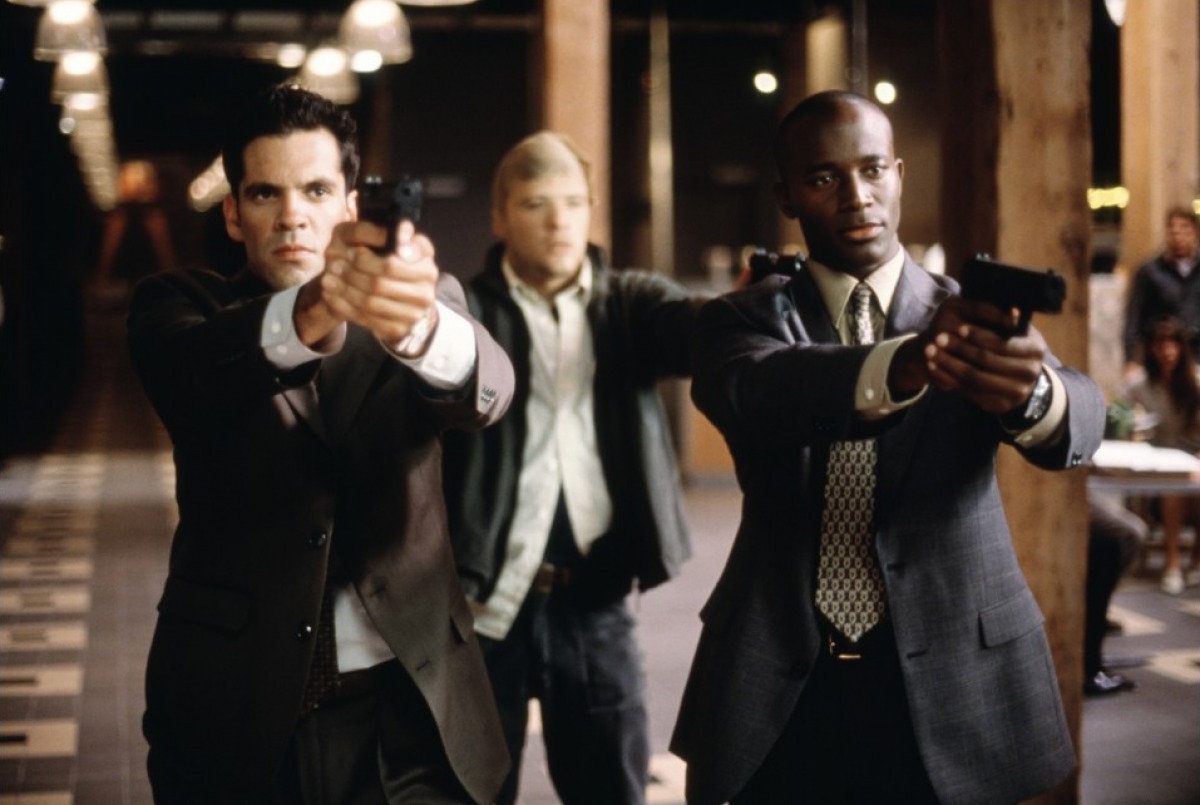
A pair of criminals (Benicio del Toro, Ryan Phillippe) kidnap a surrogate mother (Juliette Lewis) who’s carrying the baby of gangster Hale Chidduck (Scott Wilson). They hold her for ransom. Chidduck orders his henchmen to pursue the trio into Mexico to rescue the baby. James Caan, Taye Diggs, Geoffrey Lewis (Juliette Lewis’s father) and Sarah Silverman co-star.
The Way of the Gun marks the directorial debut of Christopher McQuarrie, known for penning The Usual Suspects. He later directed the Mission Impossible sequels and Top Gun: Maverick. McQuarrie’s brother, a navy SEAL, assisted him with the choreography of this movie’s explosive, memorable action sequences. The integration of pregnancy into the world of gunfights and the choice of not always showing all the action makes for an intensely suspenseful ride. It draws from the adrenalin-pumped style of spaghetti westerns, ‘70s road movies and ‘40s noir.
The mythical shootout, where emotions and professional obligations collide, was filmed in the same location as the climax of Butch Cassidy and the Sundance Kid. Aside from the typically outstanding James Caan and Juliette Lewis, a notable acting highlight comes from Taye Diggs. In a morally ambiguous landscape, his impression of emotionless violence and robotic obedience makes for a startlingly chilling hitman. This heartlessness is translated through the grey-green colour palette of the mobsters’ suits. Despite being snubbed, McQuarrie’s stylish, nail-biting, trigger happy neo-western warrants far greater scrutiny from crime fans than its received.
2. Brother (Takeshi Kitano, 2000)
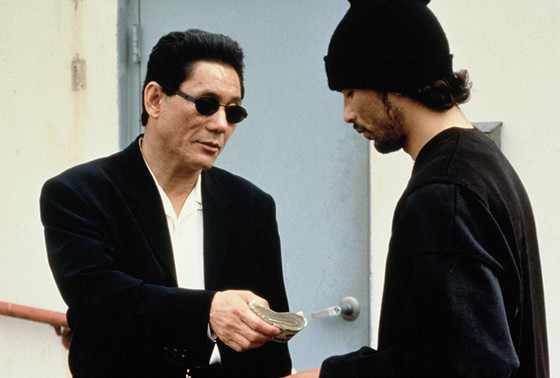
A yakuza named Yamamoto (Takeshi Kitano) is forced to flee Japan. He flies to Los Angeles, where he reunites with his little bother. Together, they form their own gang of Japanese and African Americans, but scramble for the territory against Californio and Italian American mobsters. The movie is Kitano’s first foray into the English language and shooting outside Japan.
Unfairly dismissed upon its release, Brother is in fact one of ‘Beat’ Takeshi Kitano’s funniest movies. As usual, he portrays a laconic badass, whose unpredictable, no-nonsense approach makes for hilariously dry gallows humour. This style is best encapsulated when an oyabun casually eats sashimi whilst a man cuts open his own stomach in front of him.
Somehow, without saying a word, Kitano has the ability to concurrently be hilarious, ominous and yet evoke an inner sadness. Alongside frequent collaborator Susumu Terajima, Omar Epps’s grounded performance provides the emotional heart of the narrative. Despite directing in his second language, Kitano elicits excellent performances from all his English-speaking players, substantially in Wanda-Lee Evans.
Aesthetically, Brother transposes DP Katsumi Yanagijima’s meditative, painterly sensibility to the diners and deserts of California, breaking new ground with ticking clock camera angle shifts. He shows audiences a rundown, offbeat side of LA rarely seen in cinema, juxtaposed against costume designer Yohji Yamamoto’s comically slick black suits.
Brother continues to expand upon Kitano’s interest in nihilism, mortality and subservience, mirroring the ethnic conflicts and caucasian monopoly of real-life America. That said, its primarily an incredibly entertaining, plot-driven apogee of the gangster genre, boasting a noir-comedy style rivalling Scorsese and Tarantino. Brother’s a picture certain to quench the thirst of any neo-noir devotee.
3. City of Ghosts (Matt Dillon, 2002)
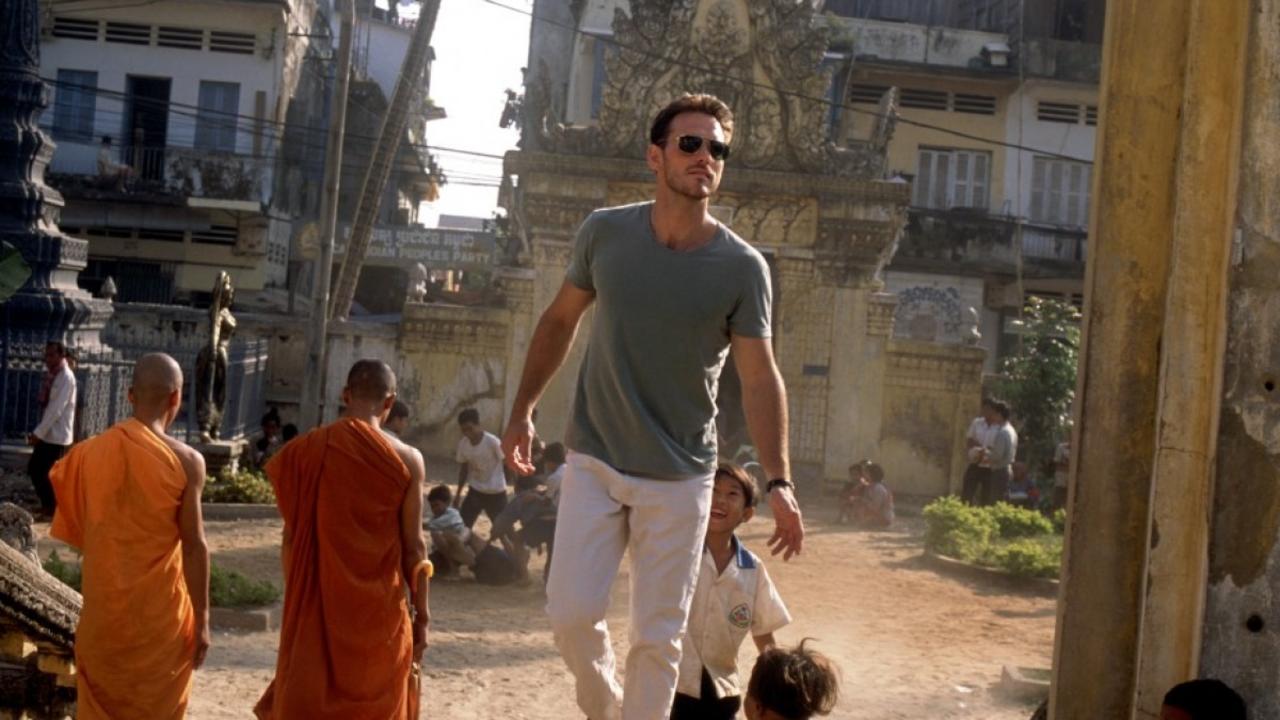
City of Ghosts was Drugstore Cowboy actor Matt Dillon’s directorial and screenwriting debut. He stars as Jimmy: a man who’s just pulled off an insurance scam. Jimmy escapes to Phnom Penh, Cambodia to reunite with his partner in crime, Marvin (James Caan), and receive his cut from the job, but things go from bad to worse. Kem Sereyvuth, Natascha McElhone, Stellan Skarsgård and Gérard Depardieu co-star, in addition to an early role from Rose Byrne.
Firstly, one of City of Ghosts’ most touching strengths is how it captures a time and place with the beauty of a poem. A vivid, affectionate impression of the texture of Cambodia is painted, heightened by the vintage Southeast Asian rock soundtrack. Dillon has an aptitude for capturing an evocative atmosphere, be it in the rave culture of the backpackers, the vine-tangled Buddhist temples, or the languor of the French colonial bar and its quirky regulars. At the same time, Dillon cultivates an ominous, seedy tone reminiscent of horror movies, swelling fittingly towards the devastating climax.
Aside from Natascha McElhone and Stellan Skarsgård’s proficient turns, City of Ghosts hosts some of James Caan’s best work. Drawing upon his long tenure in crime movies, he’s never been more shady, corrupt, frightening and yet endearing, showcasing his full range. On the other hand, it is non-actor newcomer Kem Sereyvuth who steals the show with his charisma, sweetness and compassion. He demonstrates excellent performances can be attained through local casting. His naturalness, ease and humanity overshadows the meticulousness of the Hollywood players.
4. Ripley’s Game (Liliana Cavani, 2002)
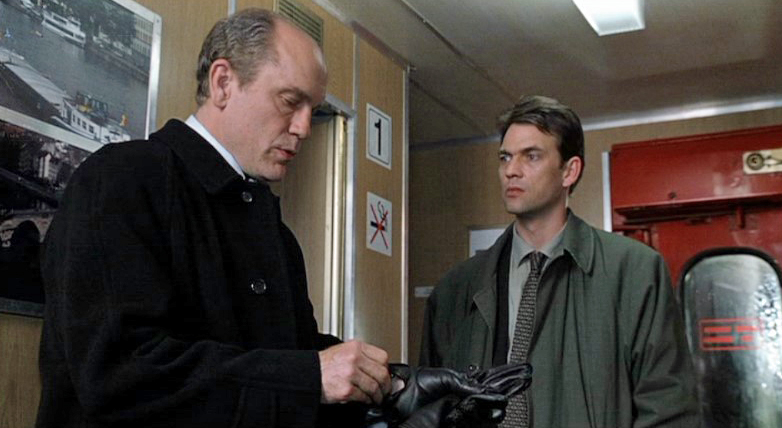
This is the second adaptation of Patricia Highsmith’s novel, following Wim Wenders’ The American Friend in 1977. In Veneto, Italy, veteran crook and harpsichordist Tom Ripley (John Malkovich) pays Jonathan Trevanny (Dougray Scott), a dying picture framer, to commit murder. The score is composed by celebrated spaghetti western maestro Ennio Morricone.
Ripley’s Game didn’t receive widespread distribution in 2002, and, despite high ratings, has been essentially forgotten. True to Highsmith’s remarkable writing talent, the story is an original, twisting, intriguing, sly thriller, placing it as one of the best crime movies of the decade. It works as a fitting sequel to The Talented Mr. Ripley (1999) with Matt Damon.
The brilliant John Malkovich delivers the most chilling rendition of Tom Ripley yet. He inspires pure terror with his authoritative, calculated, conniving, serpentine and cultured (matching the Renaissance locations) characterisation. He’s supported by a customarily stupendous performance from Ray Winstone. That said, the piece is slightly hampered by Dougray Scott’s complete lack of acting ability, but not enough to detract from its enjoyment.
5. The Proposition (John Hillcoat, 2005)
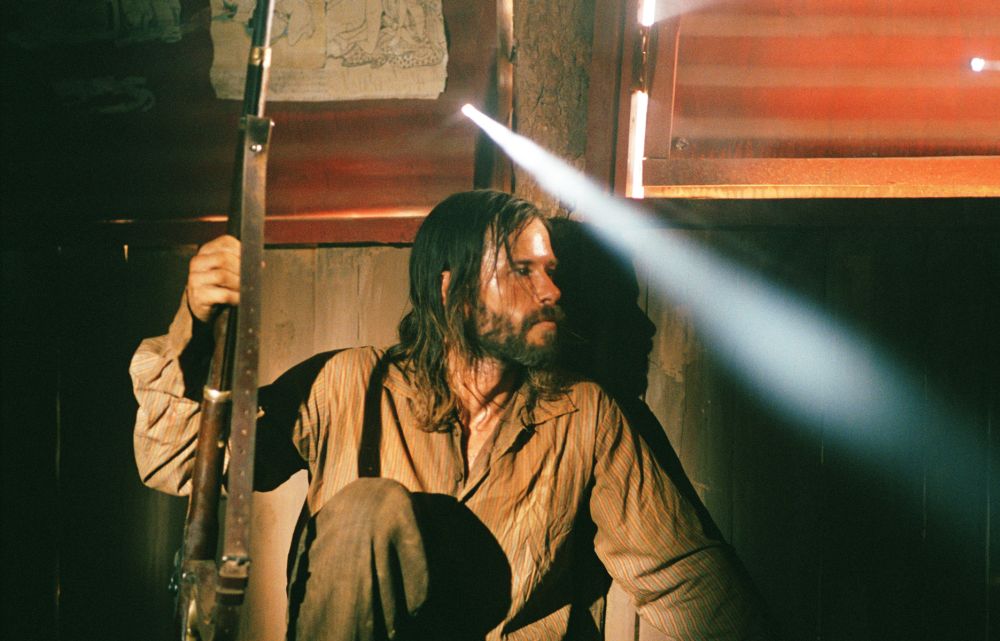
Singer Nick Cave penned this meat pie western’s screenplay, set in the Australian outback in the 1880s. After a shootout, bushranger Charlie Burns (Guy Pearce) and his younger brother Mike (Richard Wilson) are apprehended by policeman Captain Morris Stanley (Ray Winstone). Stanley orders Charlie to kill his notorious brother Arthur (Danny Huston) within 9 days. If Charlie doesn’t comply, Mike will be hanged.
As well as being one of the best Australian films, The Proposition contains one of Ray Winstone’s finest performances. In a departure from his usual tough guy persona, Winstone masterfully communicates startling complexity, damaged fragility, anxiety and emotional depth. Danny Huston, David Gulpilil and John Hurt also excel in ways one cannot anticipate from their previous work.
The Proposition stands apart from many crime films because its thrilling story of roving outlaws, depicted through arthouse photography, serves as a vessel to explore heavy themes. It asks whether cruelty should be punished with equal cruelty, calling into question the morality of the penal system and our own consciences. “I had an idea about justice,” sighs Captain Stanley. “For the town, for the country. But now, I don’t know.”
Furthermore, The Proposition examines the cold aggression of the British Empire and the damage it has incurred upon Aboriginal Australians. One of the most poignant scenes comes when Stanley dismisses his Aboriginal servant Tobey (Rodney Boschman) for the Christmas season. Before Tobey departs, he takes off his shoes and socks. He leaves them in the garden, before wandering off across the outback, distilling the theme of colonialism. Despite its ubiquitous critical adulation, the flawless triumph that is The Proposition still remains principally unknown to viewers outside of Australia.